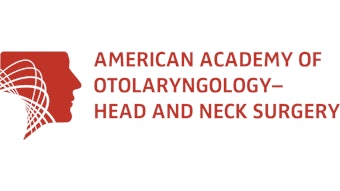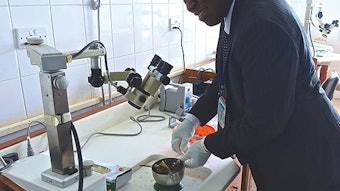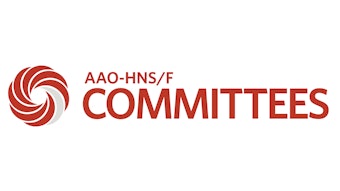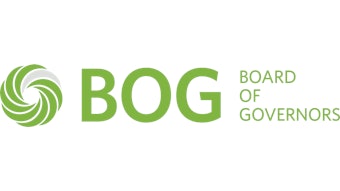Foundation launches open access journal, resident reviewer program
The landscape of scholarly publishing is evolving quickly, with new delivery mechanisms for research, innovative peer review models, and increasing integration of multimedia for a rich reader experience.

With the volume of valuable research studies exceeding the capacity of traditional scholarly journals, open access is a publication model rapidly gaining prominence. Unlike traditional subscription-based journals, open access journals are published online only and provide their content free to readers without a subscription.
OTO Open will begin accepting submissions in October, with the goal of publishing its first content in January 2017. Initially, OTO Open will share the editorial board of Otolaryngology–Head and Neck Surgery. John H. Krouse, MD, PhD, MBA, will serve as editor-in-chief of both journals.
“I am thrilled that we are rolling out OTO Open for our authors and readers,” Dr. Krouse said. “The submission volume for our flagship publication, Otolaryngology–Head and Neck Surgery, continues to grow, and there are a number of worthy manuscripts that simply cannot be accommodated in this traditional format. OTO Open will allow us to rapidly share impactful research and clinical papers with the otolaryngology community and will offer an alternative for authors to publish in a highly respected, peer-reviewed journal with the oversight of the AAO-HNSF, its editorial staff, and its reviewers.”
Resident Reviewer Development Program
The influx of more and more research challenges not only the capacity of existing journals, but the finite pool of journal peer reviewers, as well. To address this, Otolaryngology–Head and Neck Surgery launched its Resident Reviewer Development Program on July 1. The program, spearheaded by Otolaryngology–Head and Neck Surgery’s Deputy Editor, Cecelia E. Schmalbach, MD, pairs residents (PGY-2 and above) with experienced peer reviewer mentors, providing guidance and practice for the next generation of peer reviewers.
“The peer review process is imperative to advancing our field of otolaryngology-head and neck surgery,” Dr. Schmalbach said. “Similar to residency training, learning the peer review process warrants both didactics and hands-on training. I am excited that Otolaryngology–Head and Neck Surgery can provide this unique educational opportunity. By completing journal reviews alongside a seasoned mentor, participants will gain the required skills to master the peer review process—a first step which often leads to journal editorial board and associate editor invitations.”
For more information on OTO Open and the Resident Reviewer Development Program, please contact the AAO-HNSF’s Editorial Office at otomanager@entnet.org.















